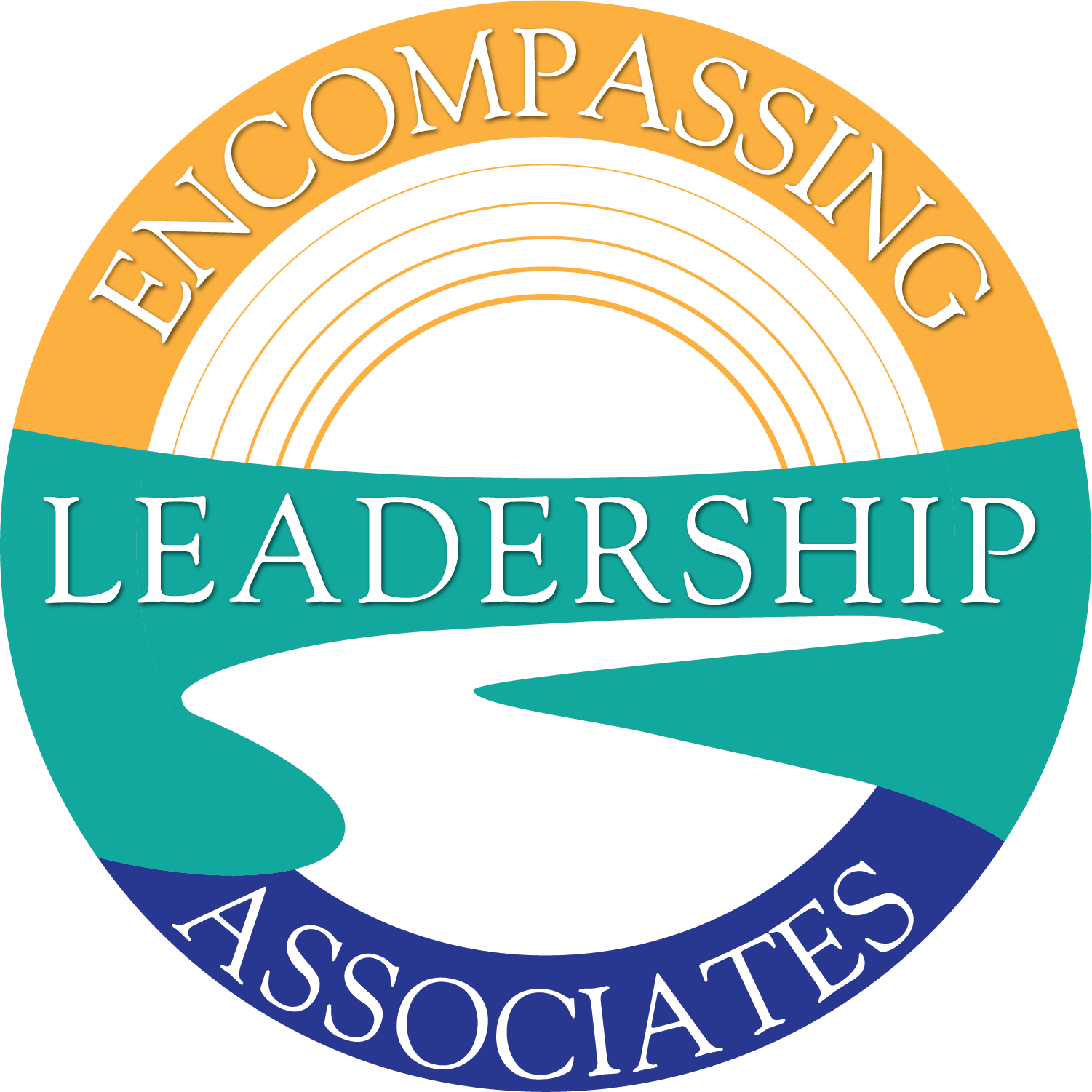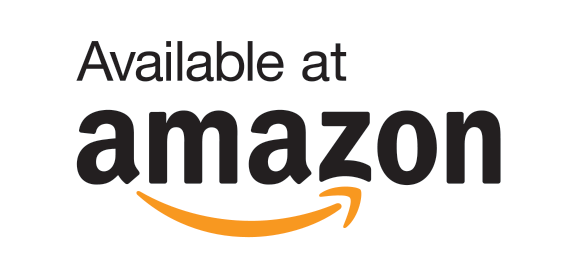Establishing Credibility & Effectiveness as a New Leader
Whenever you are assuming a new leadership position, there a few things you can do to generate immediate personal credibility while improving organizational effectiveness. Follow these three successive steps: deeply and broadly engage, take action from what you have learned, and circle back with relevant communication.
First, engage authentically at multiple levels: supervisor(s), peers, customers, direct reports and their staff. Ask them what is going well and what needs attention in their areas. Listen intently for verbal content and nonverbal cues! Throughout, be respectful and enthusiastic. A helpful hint here is to take a few minutes preparing for each encounter by ensuring a dedicated focus on meaningful outcomes. Look for themes and passion; why the topic matters to the individual and the organization. Find out what works and determine how to reinforce it. Discover what needs fixing and gain potential solutions.
Taking what you now know, enact what you can, as quickly as you can, as completely as you can. The change does not have to be earth shattering. It helps if the issue has been long standing and matters greatly to people. It could be a revision to a process, a schedule, or a product. It could be resolution of conflict between people or areas. There are easy challenges; knock those out. There are things that are more complex; do what you can and gather information for next steps such as deeper analysis or team formation.
Now communicate back to those impacted regarding what has been done. Give full credit to others for their suggestions and efforts. Besides communicating accomplishments, if necessary cover what cannot be done and why. There may be certain aspects that can still be addressed. If possible, offer alternatives when an issue cannot be resolved per initial expectations. Monitor your interventions to ensure they are working to design. Make adjustments as necessary. Be careful – asking for input and not taking action may cause more damage to credibility and to relationships than never asking. Therefore, follow through on commitments and communication.
Quickly bringing about impactful change shows that you care, that you involve those in the know, that you are listening, and that you are competent and dedicated enough to get things done. This is an introductory message of great importance: people matter and their input is valued! There are long-term benefits as well. You establish relationships and a foundation of trust. You gain organizational savvy – system workings, cultural awareness, and how to get things done. Confidence in self and one’s own ability to effect change is boosted. With a new role, you have a wide-open window for accomplishment. You have incredible leeway due to initial goodwill – people want you to succeed! A few key successes will allow you to quickly establish and sustain your leadership presence.
Articles from Encompassing Leadership Associates






